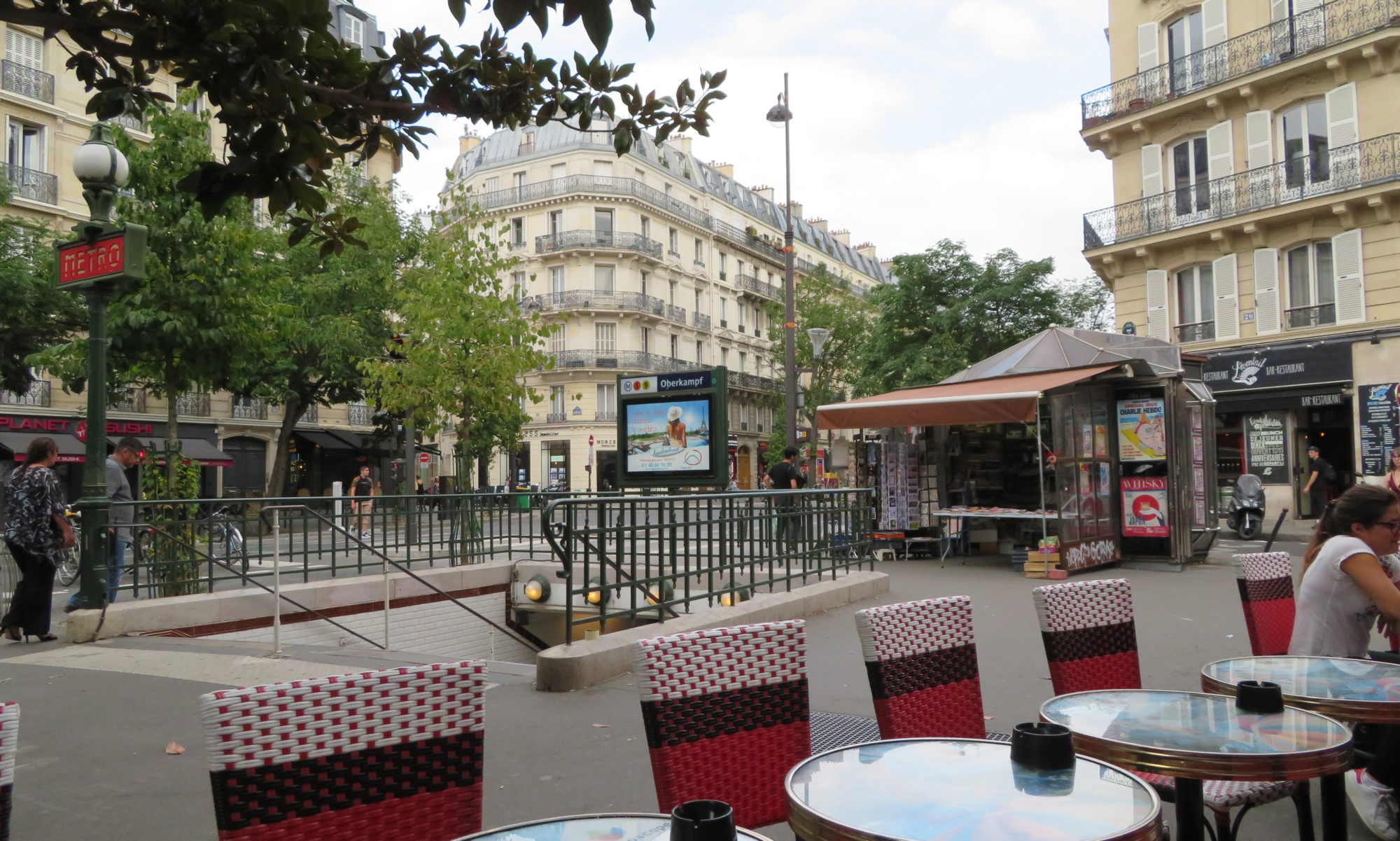Where do I place French adjectives s’il vous plait? I hear you, you’ve been told that French adjectives go after the noun. However, you found out that this is not always the case so, you’re a little bit confused as to where to put them. I feel your pain: do I place French adjectives in front of the noun or after?
French Adjectives Go After the Noun as a Standard Rule
Let me help you out. Yes, the general rule is French adjectives go after the noun:
Tu portes une robe rouge – You are wearing a red dress.
Il fait un exercice difficile – He’s doing a difficult exercise.
C’est une élève intelligente – She’s a smart student.
So far, so good. This would be too simple and no fun! Here are exceptions where French adjectives are placed in front of the noun:

Photo by Daria Shetsova from Pexels — — Un bel étalage — un étalage magnifique — a beautiful display
Exceptions to Adjectives After the Noun
- Short adjectives used frequently usually go in front of the noun:
C’est une petite fille – It’s a little girl.
ll m’a apporté de belles/jolies fleurs – He brought me some nice flowers.
C’est une grande maison – This is a big house.
Nous avons rencontré un vieil homme – We met an old man.
Bonne journée – Have a good day.
- Numbers go in front of the noun and if there are several adjectives, numbers go in front of all other French adjectives:
Quatre jeunes hommes bavardaient – Four young men were chatting.
Elle a acheté une livre de cerises – She bought one pound of cherries.
Premier, Dernier, Prochain
- First, last and next (premier, dernier, prochain) French adjectives go in front for noun designating a series.
Le premier gagnant recevra des fleurs – (the first in a series) The first winner will receive flowers.
Le dernier des Mohicans – (the last in a series) The last of the Mohicans.
La prochaine voiture devra s’arrêter – (the next in a series) The next car will have to stop.
- But dernier et prochain are placed after nouns indicating an exact date in time:
Per the rule of the series we say:
Je te verrai le dernier lundi du mois – I’ll see you on the last Monday of the month.
But to indicate a precise date we say: Je l’ai vu lundi dernier – I saw him last Monday.
The same for prochain: J’irai te voir lundi prochain – I’ll come see you next Monday.
The Position of French Adjectives Changes their Meaning
Sometimes the meaning is very different depending on where you place French adjectives, in front or after the noun:
Je connais un homme très grand – I know a very tall man.
C’est un grand homme – It’s a great/important man.
Nous avons visité une maison ancienne – We visited an old house.
C’est mon ancienne maison – It’s my old house.
C’est une femme seule – She’s a lonely woman.
Il y a une seule femme – There is only one woman.
Un appartement propre – A clean appartment.
Mon propre appartement – My own appartement.
Un voisin curieux – A nosy neighbor.
Un curieux voisin – An odd neighbor.
Une visite chère – An expensive visit.
Une chère visite – A dear visit.
This is not an exhaustive list of French adjectives with a different meaning whether placed in front or after the noun of course but these are common adjectives. The difficulties with adjectives do not end here. There are more intricacies to marvel your mind. Here you’ll find more subtleties.
Brigitte is a French native delivering one-on-one online French classes. Contact me here.
You can also join us for one hour of French conversation here.
We are publishing our French Semimonthly every two weeks.
It’s full of tips and good news!

